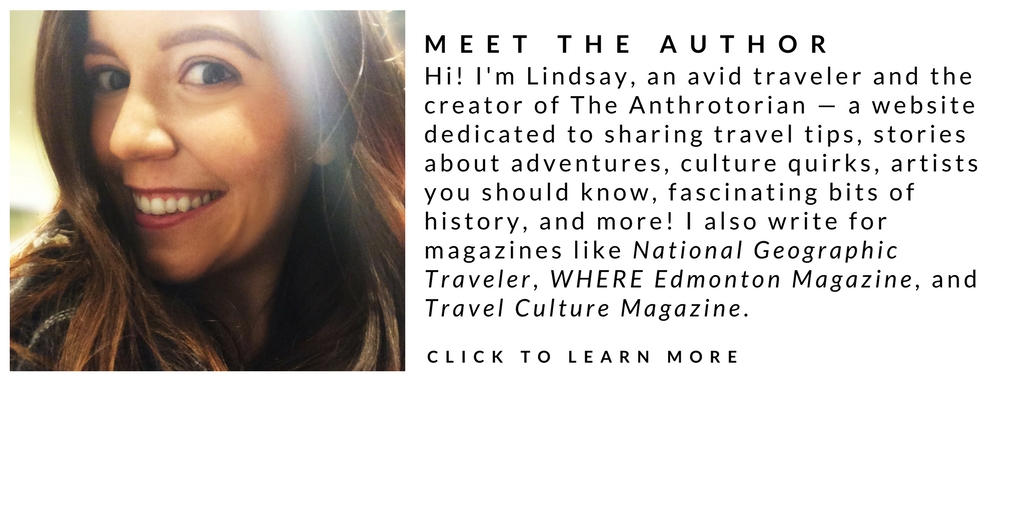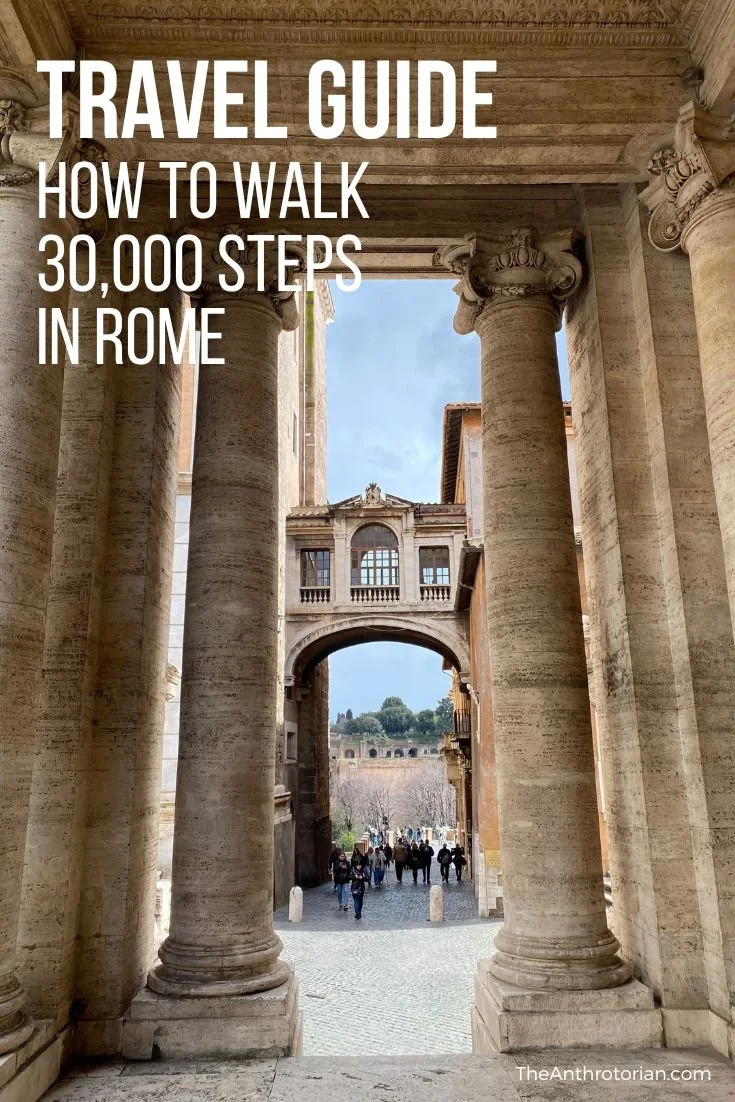My friends and I had spent five action-packed days in Rome and we had just arrived back at our hostel ready to pack up to head to Venice the next day. We hadn't pre-booked anything, but we knew that we were ready for a change of scenery.
We paused at the front desk on our way in, to let them know that we would be leaving in the morning (but really to flirt with the guy working the front counter) and noticed a poster on the wall behind the desk with "FREE CONCERT" printed on it in big, bold, black letters.
Curious, we asked for details, but other than being nice to look at, cute-front-desk-guy was kind of useless. He couldn't tell us why the concert was happening, when it started, or how long it would be. All he knew was that it was at the Circus Maximus (an outdoor, ancient Roman chariot racing stadium located near the ancient Roman forum) and that there would be A LOT of famous musicians and movie stars present.
Deciding that one more day in Rome wouldn't hurt, we decided to stick around to check out the concert.
We woke up early the next morning, and headed to the venue around ten, figuring the concert would probably start in the early afternoon.
It was May, a beautiful humid day, and the 20 minute walk took us through the historic city centre, and past the always stunning Colosseum.
When we arrived, the massive green space was completely deserted except for a stage at one end and a few tech guys wandering around. Apparently we were REALLY early.
Here's the thing about being REALLY early to a free, outdoor concert though... you end up at the very front, at the very centre of the stage.
Oh, and it turned out that half the city knew what time the concert started, cause after we held our spots at the front of the stage for a few hours, hundreds of thousands of people joined us!
It turned out that the concert was called We Are The Future, and was a fundraiser for children who lived in high-risk areas around the world. It was raising money to provide schools, safe places to live, water and access to healthcare.
How did I find this out standing in this massive crowd trapped at the front of the stage?
Quincy Jones told me.
Did I mention that it was a concert put on by him?!
Oh, and those famous people that we were promised would appear?
Take a look:
For thirteen hours (yes, I was exhausted, starving and in pain by the end of the concert, but it was SO worth it), we watched and performances by Carlos Santana, STOMP, Alicia Keys and more!
It was an amazing experience that I will NEVER forget, but one that I would not have taken advantage of if we had pre-booked a hotel or train to Venice ahead of time.
So, the moral of this VERY long story is this:
Book what you need to in order to feel comfortable in your travels, but leave yourself room for spontaneity — you never know when a free concert full of superstars will come your way!













